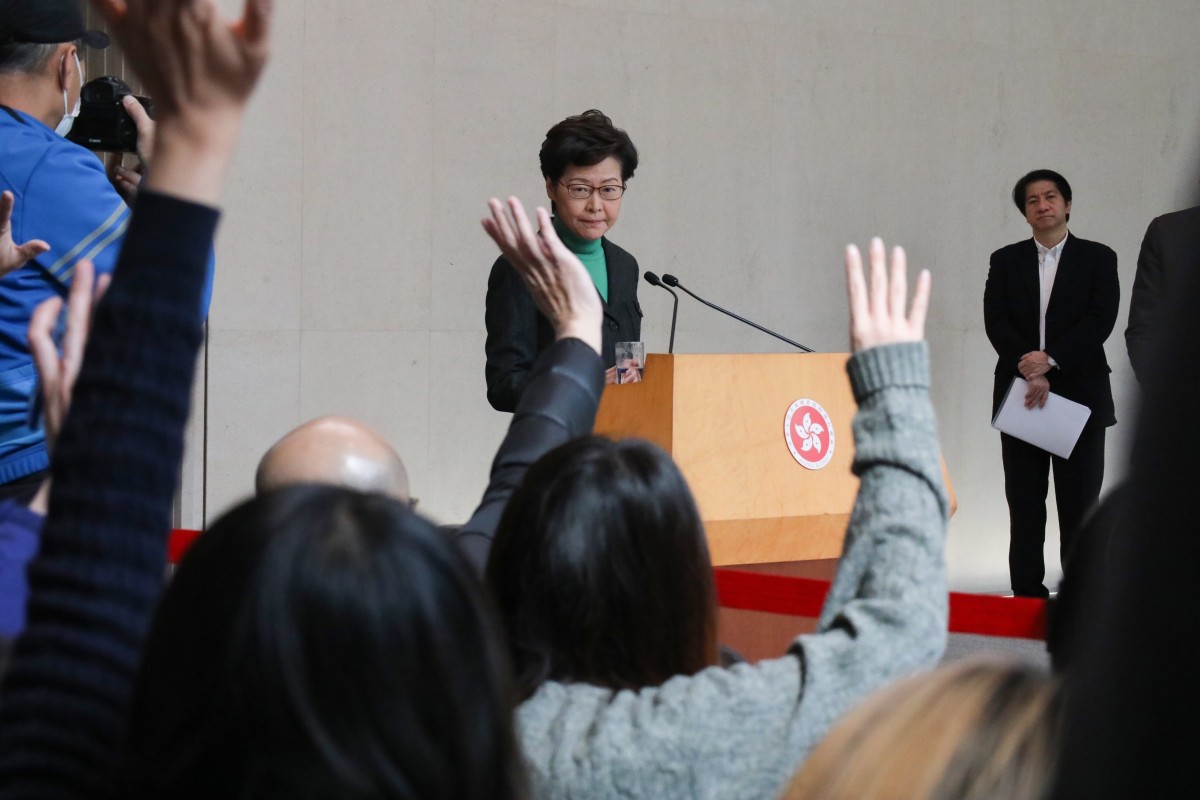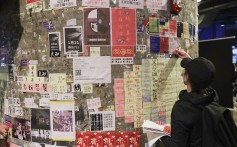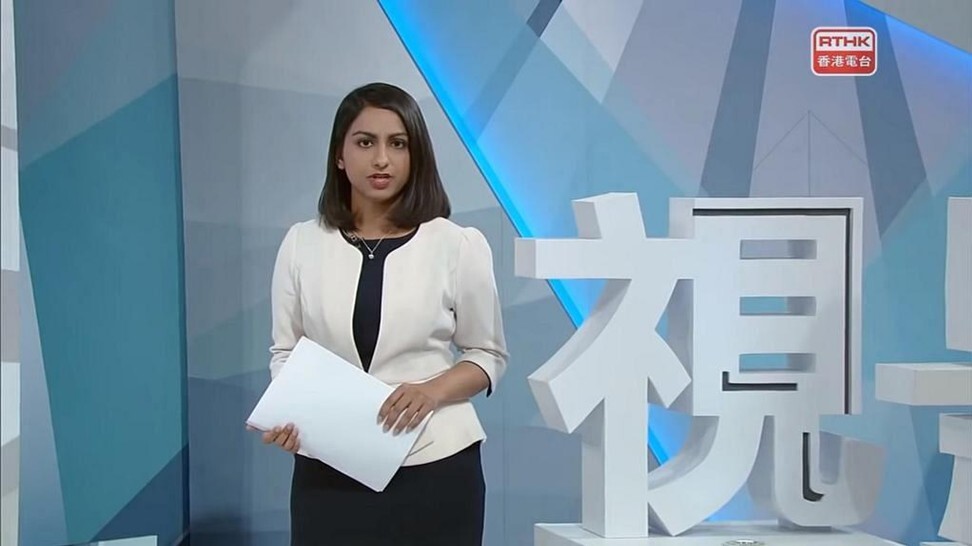With the police’s redefinition of media, I am no longer a journalist
- But it’s not just the media being redefined, it is also the Basic Law, liberal studies, and separation of powers as we know it. Hong Kong’s very character is being changed

Chief Executive Carrie Lam Cheng Yuet-ngor speaks to the media last February. Are aggressive questions no longer part of media freedom? Lam refused to answer when reporters asked her recently. Photo: Felix Wong
Last Tuesday, I was redefined. It wasn’t my choice. The Hong Kong police did it, a
redefinition backed by Chief Executive Carrie Lam Cheng Yuet-ngor and Chief Secretary Matthew Cheung Kin-chung.
To them, I am no longer what I have been all my working life – a journalist who has worked full-time and as a freelancer for many media outlets. I have worked as a freelancer in Hong Kong, London, Washington and Seattle.
I covered Britain’s parliament, the United States Congress, the White House, where I questioned then president Bill Clinton during photo opportunities, interviewed Senator Mitch McConnell, who gave me the exclusive on the US-Hong Kong Policy Act, Congresswoman Nancy Pelosi, and did a television interview with former president Jimmy Carter – all as a freelancer.
I now freelance for a TV station where I do English and Chinese shows, and for three English and Chinese newspapers, including the Post. But from last Tuesday, the police and the government no longer recognise freelancers as journalists.
The police amended its rule to recognise only those working for media outlets registered with the Government News and Media Information System (GNMIS), and “internationally recognised and reputable” foreign media. I don’t qualify under GNMIS requirements.
Hong Kong journalists protest against police’s new definition of ‘media representative’
All the media outlets I freelance for are registered with GNMIS but use staff reporters for protests and press conferences, which means I can’t represent them. But as a freelancer, I need to cover protests, as I did last year, for a fuller insight for my columns and TV talk show.
The new rule allows me to cover protests from a distance. But I cannot enter police cordons for a close look or ask questions. I could be arrested if I did.
Lam and Cheung have been on my TV show several times. The police commissioner was on the show last year. Does the redefinition mean they aren’t allowed to come even though the government recognises the TV station I freelance for as a media organisation? I don’t know.
Critics say the new definition, which no longer recognises the press passes of the Hong Kong Journalists Association, the Hong Kong Press Photographers Association, and student journalists, is another step in strangling the city’s freedoms.
How has Hong Kong lost its freedoms? Let me count the ways
23 Jan 2020

I believe it’s more than that, not because the government has redefined my media freedom. I see a systematic effort to change the very character of Hong Kong as we know it. A
redefined Basic Law allows mainland entities like the central government’s liaison office to
comment on local affairs.
A redefinition of liberal studies is under way. Lam has redefined separation of powers as we know it. The national security law contains vague red lines on free speech. And the police has redefined who a media person is.
I no longer get angry every time Lam insists media freedom is intact. I just turn off the television set. On Sunday, it emerged that RTHK had reopened a probe into loyalist complaints against a reporter who aggressively questioned Lam during last year’s protests. She was ordered to accept a probation extension or quit
redefined Basic Law allows mainland entities like the central government’s liaison office to
comment on local affairs.
A redefinition of liberal studies is under way. Lam has redefined separation of powers as we know it. The national security law contains vague red lines on free speech. And the police has redefined who a media person is.
I no longer get angry every time Lam insists media freedom is intact. I just turn off the television set. On Sunday, it emerged that RTHK had reopened a probe into loyalist complaints against a reporter who aggressively questioned Lam during last year’s protests. She was ordered to accept a probation extension or quit
.

RTHK assistant programme officer Nabela Qoser. Photo: RTHK

RTHK assistant programme officer Nabela Qoser. Photo: RTHK
Are aggressive questions no longer part of media freedom? Lam refused to answer when reporters asked her this on Tuesday,
saying RTHK, as a government department, handles its own issues. Commerce secretary Edward Yau Tang-wah, who oversees RTHK, gave a similar reply.
Let me remind Lam and Yau that they had no problem condemning an RTHK reporter who asked a World Health Organisation official last April if Taiwan should be readmitted as an observer. Both lambasted RTHK for breaching the one-China principle.
Asking a question breaches the one-China principle. Aggressive questioning of the chief executive is apparently out of bounds. Lam and Yau can comment on RTHK’s Taiwan question but not on the renewed probe on aggressive questioning.
The police say its new rule widens rather than tightens freedom for registered media. By insisting media freedom is intact, Lam wants us to
see a horse when it’s a deer. Thankfully, many Hongkongers can tell the difference between a deer and a horse.
Michael Chugani is a Hong Kong journalist and TV show host
No comments:
Post a Comment